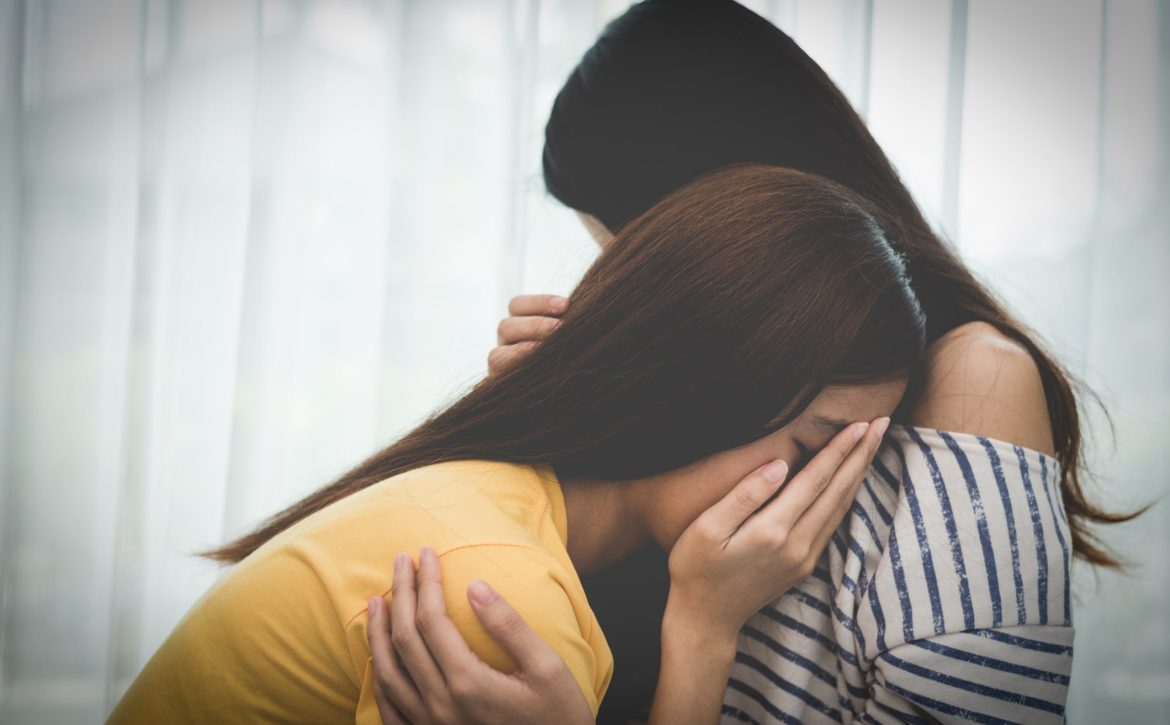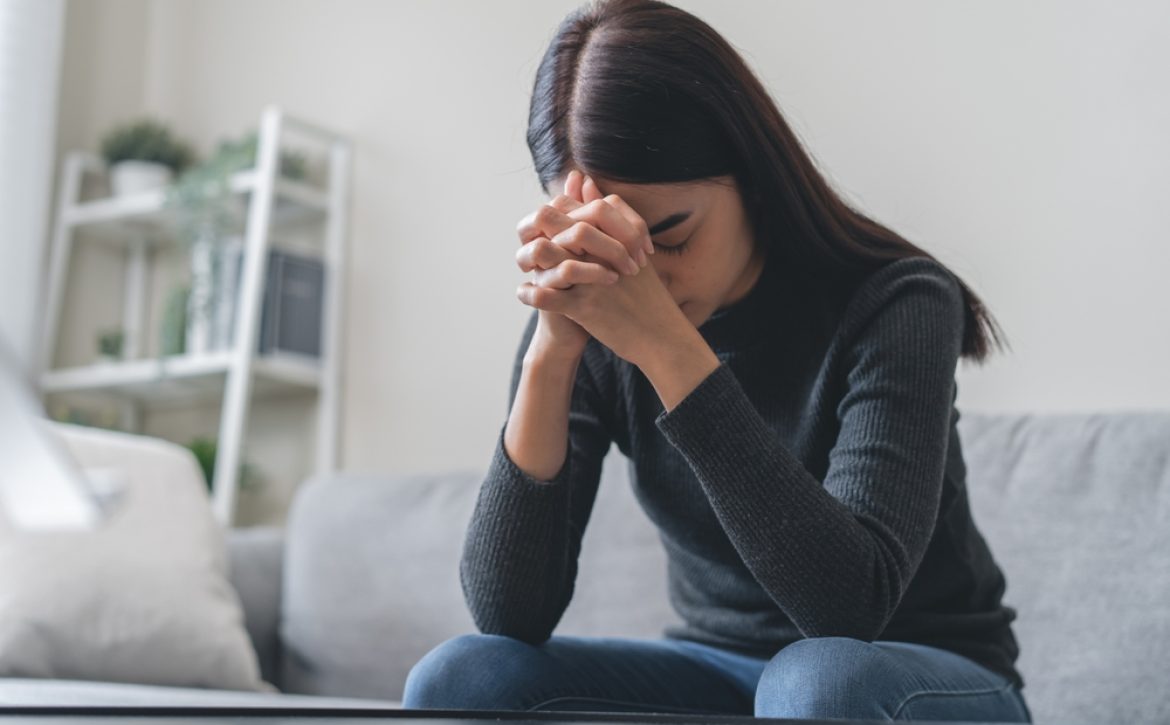Can Depression Make You Sick?
When someone develops depression, they sometimes also experience symptoms of poor physical health. However, all too often, the person does not make a connection between the two situations. Can depression make you sick? It absolutely can. Mental health affects physical health and vice versa. When a person seeks effective help to improve their depression, they often find symptoms of poor physical health begin to improve.
Novu Wellness in Atlanta recognizes the correlation between these two situations. As a result, we developed a depression treatment program that helps people feel better mentally and physically. If you or a loved one are looking for depression treatment, call us now at 706-740-9005 or verify your insurance now.
What is Depression?
Depression is a mental health disorder also known by the name major depressive disorder. Someone who has depression will experience periods of deep sadness, sorrow, and a loss of hope they cannot escape. Sometimes depression can be tied to a specific event, such as the loss of a loved one, divorce, job loss, or something else. Other times, there is no clear cause for why it developed.
Depression causes a person to stop enjoying their lives and feel unable to control their emotions. Their feelings, thoughts, and behaviors are all negatively impacted by their condition. Those around them may think the person just has “the blues” and it will pass, but depression can last a lifetime if left untreated.
What are the Physical Symptoms of Depression?
All too many people believe that the answer to “Can depression make you sick?” is no. Actually, depression can manifest in physical symptoms related to poor health. People who have depression, their loved ones, and even some physicians, often do not explore the correlation between medical symptoms and feeling depressed.
Common physical symptoms of depression include:
- Change in weight
- Change in appetite
- High blood pressure
- Heart disease
- Sleeping too much
- Insomnia
- Consistently feeling tired
- Headaches
- Nausea
- Diarrhea
- Weakened immune system
- Stroke
- Gastroesophageal Reflux Disease
- Chronic pain
How Does Poor Mental Health Impact Your Physical Health?
Part of understanding how depression can make you sick involves understanding how the body turns an emotional reaction into physical ones. When someone experiences uncontrollable stress hormones, such as those that come with depression, it can weaken their immune systems. When this happens, the individual becomes more likely to succumb to illnesses.
Depression can also have an extended physical impact related to the digestive system. For example, a person might develop indigestion and not tie it to their depressed feelings. From there, they may not eat enough or they eat unhealthy, high-calorie foods to feel better. In turn, they may develop diarrhea or constipation, and end up gaining or losing weight. For many, depression causes a disturbance in their sleep patterns. Treatment may include prescription medications and other approaches that ultimately are only addressing a symptom of depression, rather than the illness itself.
A medical provider who is unaware of a person’s depression often approaches physical problems as a singular problem not related to emotions. This can cause a person to undergo examinations, and treatments, and to take medications that do not address the real issue. This prolongs diagnosing the depression and working to heal the specifics of this mental health disorder. It can also put a person through exhausting and expensive attempts to heal only their physical health while ignoring their mental health.
How is Depression Treated?
Once people understand that depression can make you sick, the next concern is what options are available to treat this mental illness. For some people, residential treatment works best as an initial approach to treating depression. For others, outpatient care fits the bill or serves as an effective second line of treatment after completing residential care. The person attends sessions during the day but is not required to move into a facility.
Outpatient treatment for depression includes these options:
- Intensive Outpatient Program (IOP): These take place several days per week for a few hours per day.
- Virtual IOP: This option allows people to receive the same valuable treatment of regular IOP from the privacy of their homes via an internet connection.
- Partial Hospitalization Program (PHP): This takes place five or more days per week for several hours per day and involves much of the treatment approaches used in residential treatment.
Prescription medications provide highly effective results for many people who struggle with depression. Our team works with each person to find the right prescription medication for their specific needs. From there, we can monitor them for results and any needed changes in the type of drug or dosage. A combination of a schedule of evidence-based therapies and medications helps people learn to minimize their symptoms and, when possible, overcome the disease altogether.
Get Help for Depression in Atlanta Today
Are you dealing with depression and wondering if it could be part of the reason your physical health has declined? If you are wondering, “Can depression make you sick?”, we can help you answer that question. Novu Wellness in Atlanta offers intensive treatment for people struggling with depression and other mental health disorders.
We offer different levels of outpatient care that help people minimize the symptoms of depression and live happier, less stressful lives. Our experienced staff of mental health experts helps you set and achieve goals that keep depression from running your life.
Do you feel ready to address the impact depression has on your life and get effective help? Visit our admissions page now and let us show you a way out of the darkness.



